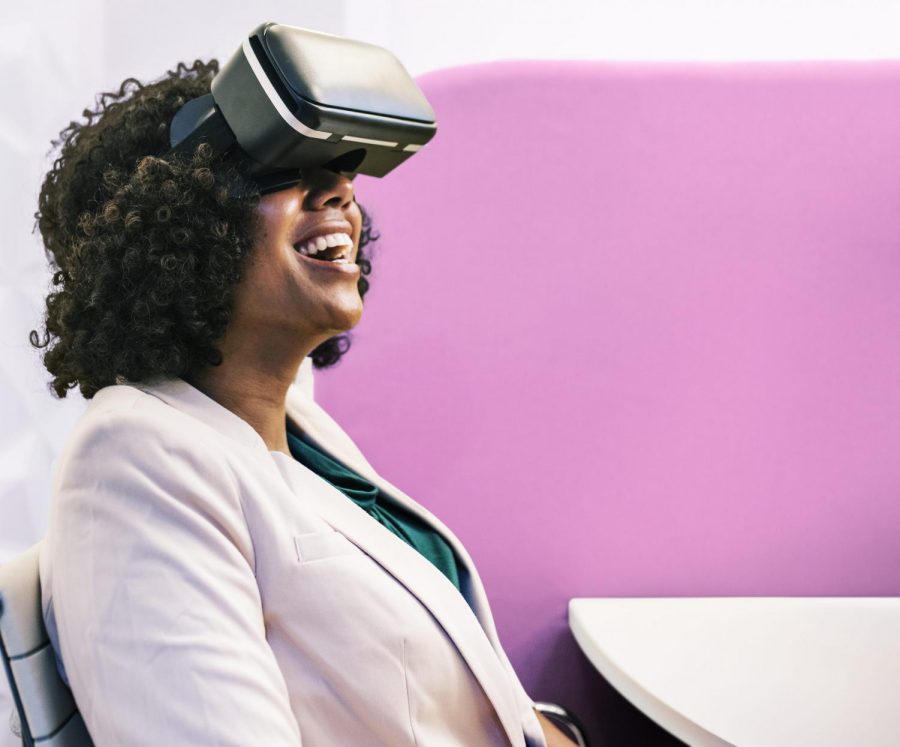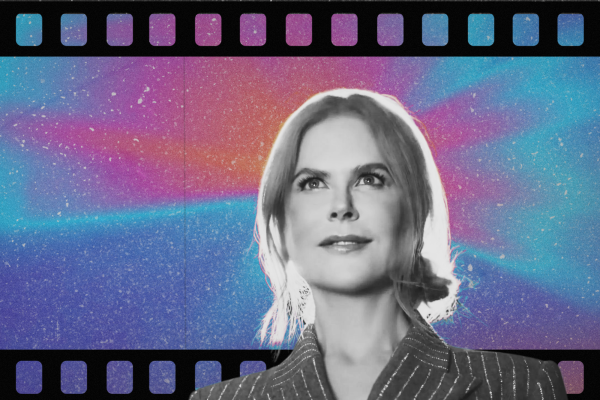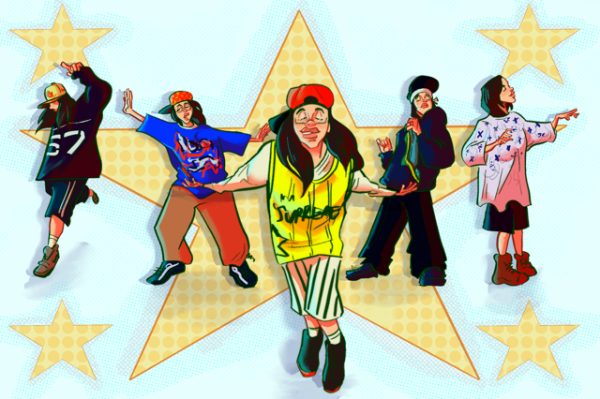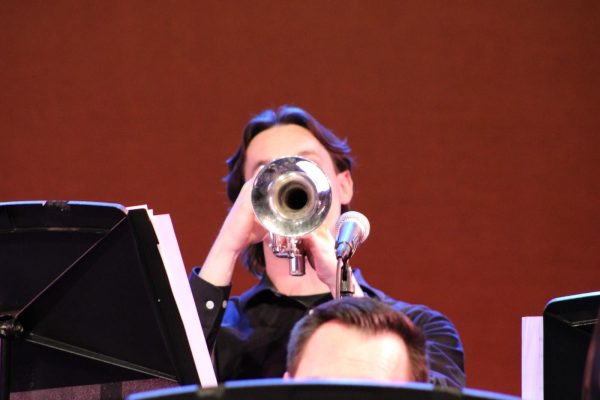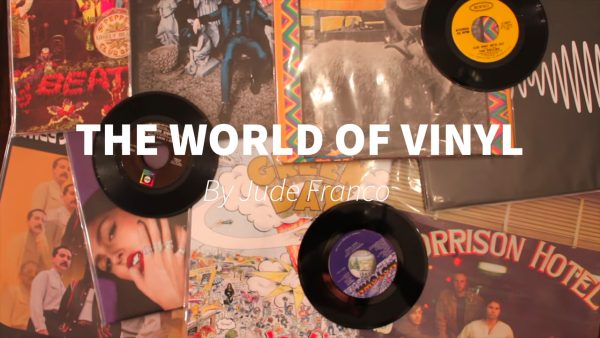The Uprising of Virtual Reality
This pandemic has changed how we game and interact with others by using VR
According to Statista, over 70% of virtual reality users spent more time in virtual reality during this pandemic. The reason why the growth is significant is because COVID-19 kept many people inside their homes. This makes VR a very appealing form of entertainment, people can experience “reality” without leaving the house.
Discord user SyrinSong, 37, Onward’s community manager from Downpour Interactive, said that there was a noticeable growth since this pandemic started.
“The release of the Quest 2 gave a much easier option and more affordable price point for people to access the VR experience,” she said. “VR is still the next up and coming technology, so I think there will still be a continued growth.”
Many people play video games in VR for the surreal experience in an unreal world.
Jared Kotoff, 29, software engineer and Twitch streamer, said he enjoyed playing in VR because of high immersion and depth factors.
“I’m a fan of using both my eyes, so I like 3D movies and games,” he said. “With head-tracking in a VR headset, your mind kind of ‘clicks’ and the world melts away really fast.”
His favorite games include Beat Saber and Half-Life Alyx.
“It’s so easy to forget where your body is. The walls of a small room almost fall away like stepping into Dr. Who’s TARDIS,” he said.
Jasmine Lehman, 29, freelance content creator, said that VR gaming is much more immersive.
“In horror games for example, if you’re at your computer and there’s something scary, you can just look away. But in VR, you’re really in it,” she said. “I think it’s as close to becoming the superhero in a video game as one can get.”
While most people use VR for gaming, others have different ideas, such as socialization.

Lehman said, “If you play something like VR Chat, even though your friends may be halfway across the world, it feels like you are there with them and vice versa. Like you’re in the same room as they are.”
But when it comes to further expanding its usage, there are mixed feelings.
Kotoff said, “People gathering inside a VR game is fun, but I would cringe to see someone host a wedding in RecRoom.”
Lehman said she had seen meetings done in VR and there are corporate “spaces” that allow professionals to gather. But when it comes to other real-life events, she said that some things should be kept to real life.
“However, I think for work implications like job learning, it can be super useful,” she said.
In a recent Mt. SAC Board of Trustees meeting, the board had approved a budget for purchasing VR equipment for psychiatric technician students.
Sam Agdasi, dean of technology and health, stated, “According to research, immersive VR delivers effective experiential learning when used with appropriate educational software.”
He believed VR can help the psychiatric technician program, especially during this pandemic when students cannot gain clinical experiences on-site.
It is only a matter of time for people to discover more potential of VR.



